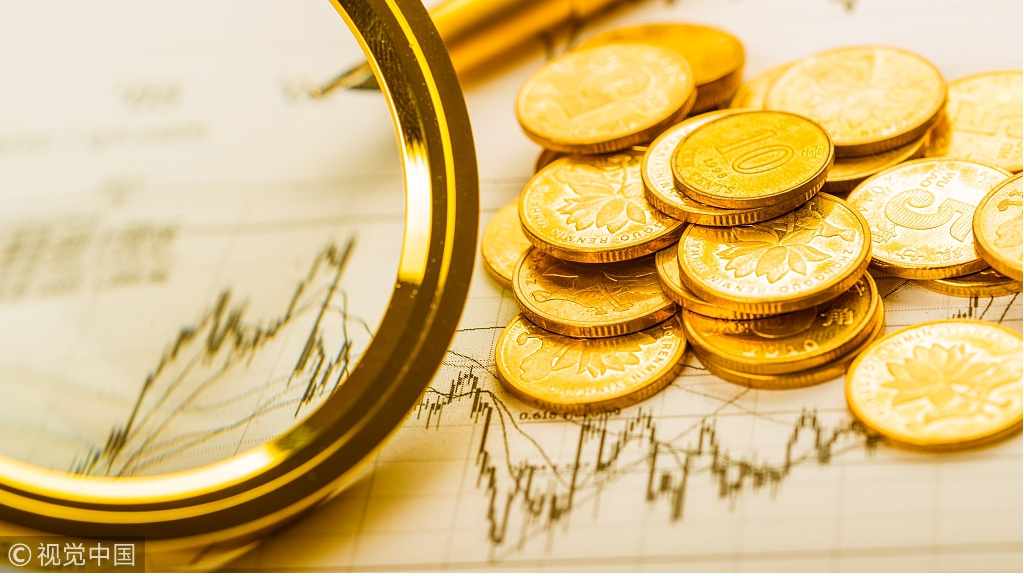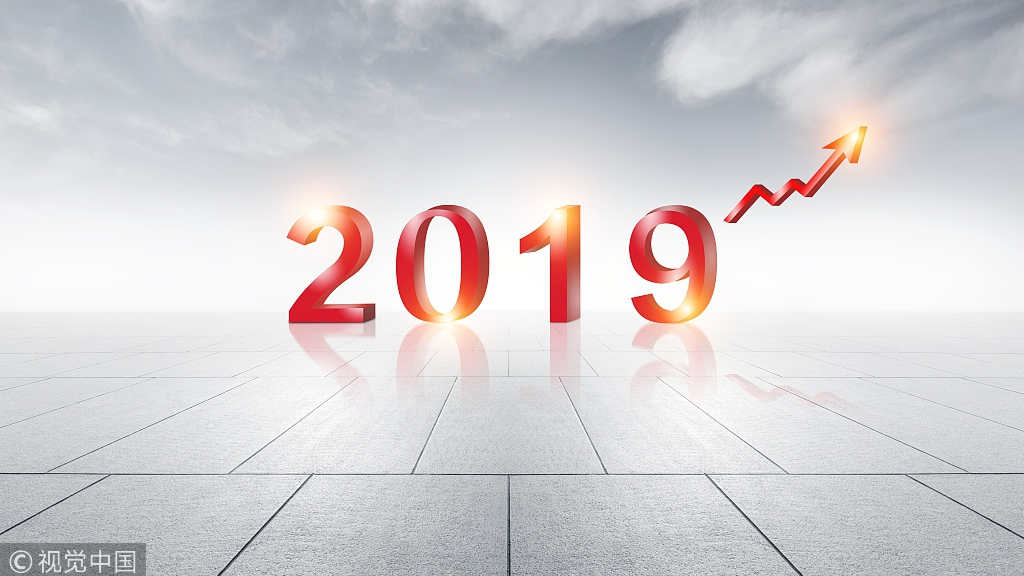
17:55, 15-Mar-2019
Full Episode – How to forecast China's economy in 2019?
Updated
16:32, 25-Apr-2019

By Robert Lawrence Kuhn
At the press conference after the conclusion of the Second Session of the 13th National People's Congress, Chinese Premier Li Keqiang said: "China's economy is facing new downward pressure.”
China's economic growth slowed, and its external environment grew complicated and challenging, causing new downward economic pressures.
For 2019, China is forecasting GDP growth of between 6 and 6.5%, and for the world's second-largest economy at over 13 trillion dollars, that means absolute growth of roughly an additional 800 billion dollars – which itself would be in the top 20 countries of the world.
Why then do Chinese leaders express such concern? As Premier Li Keqiang stated in the annual Government Work Report at the opening meeting of the 13th National People's Congress," This year, China faces weighty tasks, many challenges and high demands". Such blunt talk gets my attention. Something is going on …
To forestall major risks, now tops China’s agenda, and as Beijing determines to stabilize growth and advance high-quality development, what are the challenges and the sensitivities? How to balance the need to stimulate a weakening economy with the need to cut debt and reduce financial risk?
At the same time, China aims to expand domestic opening-up, and pursue international markets. All in, it's a tall task.

China’s economic development in 2019 VCG/·Photo
China’s economic development in 2019 VCG/·Photo
Forecasting China's economy in 2019 requires addressing three key questions.
The first is the natural tension between, on the one hand, stimulating a slowing economy by easing credit and funding infrastructure, and, on the other hand, reducing financial risk by cutting debt and deleveraging.
China is skewing, at least for the moment, toward more stimulus, through reductions in taxes and fees, though nothing like the huge stimulus during the 2008 financial crisis.
The second question is external pressures and uncertainties, such as trade frictions with the US and other countries, which encourage China to stimulate domestic consumption and develop a stronger home market.
The third question is how to stabilize the economy, employment, finance, trade, investment, and market expectations? While standards of living of Chinese people have risen further and faster than any comparable group in history, their expectations have risen further and faster still.
Reform is essential, including opening up markets to private and foreign companies to enhance competition, and shrinking negative lists to facilitate new businesses.
Under President Xi Jinping, the CPC, as China's ruling party, can address these questions optimally, balancing long-term consequences with short-term pressures.
Personally, I do not put so much stock in raw GDP growth rates. One must look at its components, such as investments in infrastructure, and ask,"Are they productive?"
Critically, China has made an avowed commitment to open up further. We track China's implementation, to be Closer To China.
SITEMAP
Copyright © 2018 CGTN. Beijing ICP prepared NO.16065310-3
Copyright © 2018 CGTN. Beijing ICP prepared NO.16065310-3